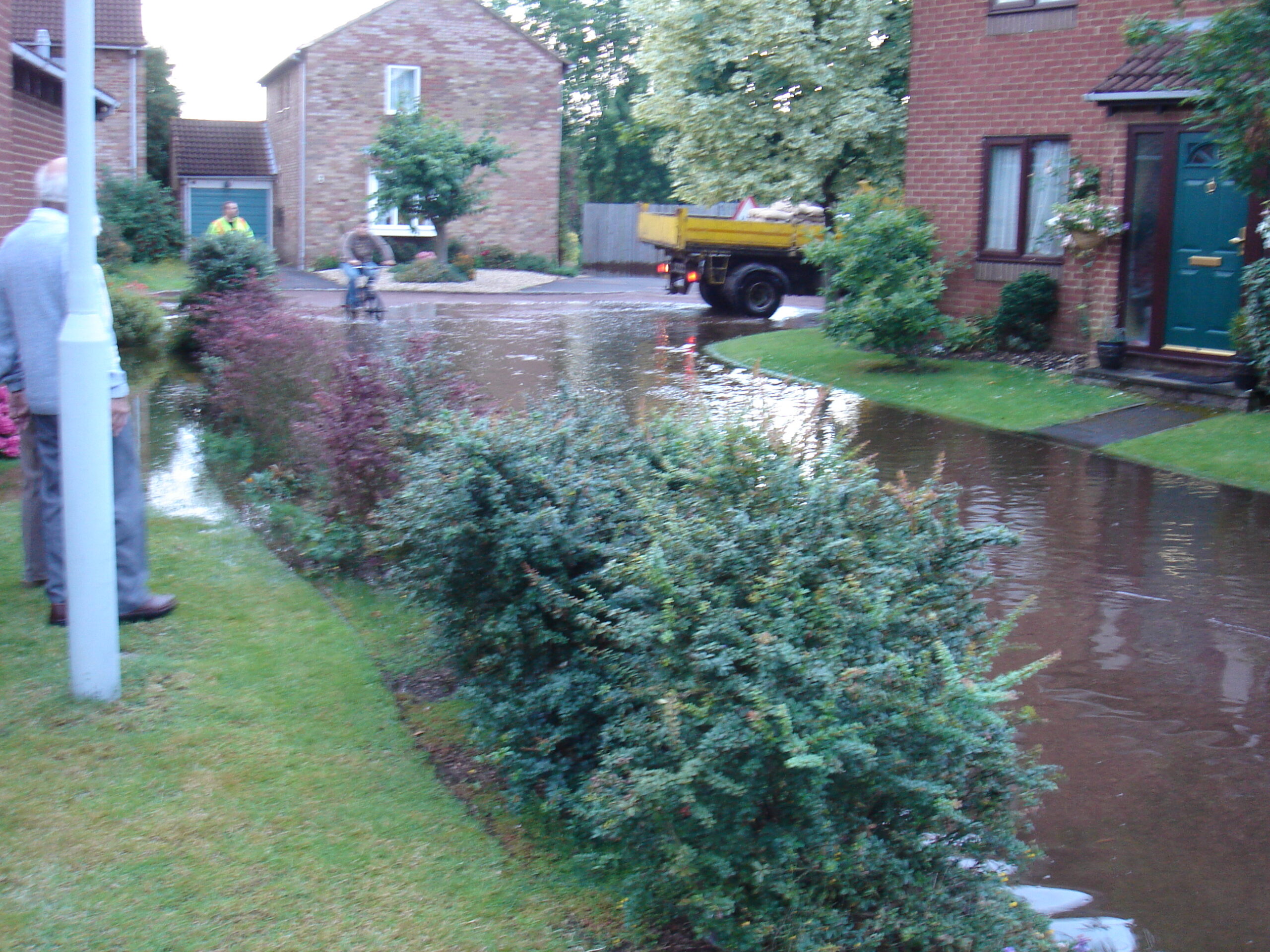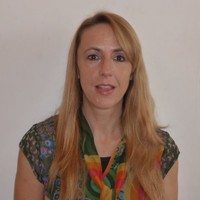
I set up Loddon Valley Residents Association (LVRA) following three years of flooding: 2007 (the big one), 2008 (similar amounts of rain, different antecedent conditions) and 2009 (melt water flooding and the infamous flooding of the Winnersh Park and Ride, colloquially known as the ‘Park and Splash’).
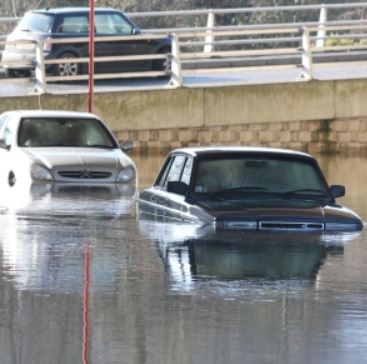
In July 2007 my property was inches away from internal flooding. During the preceding weeks there had been so much rain that myself and my neighbours were beginning to worry. To us it looked like those that ‘managed’ flood risk were doing nothing to control it. The river looked unmaintained, the ditches blocked and the local sewage pumping station constantly failed. We were looking at the authorities to take control and stop the flooding. No-one did and waters continued to rise (with folks canoeing down our road at one point). One local who did unfortunately suffered internal flooding told me that the Environment Agency needed to ‘get their water out of my lounge’.
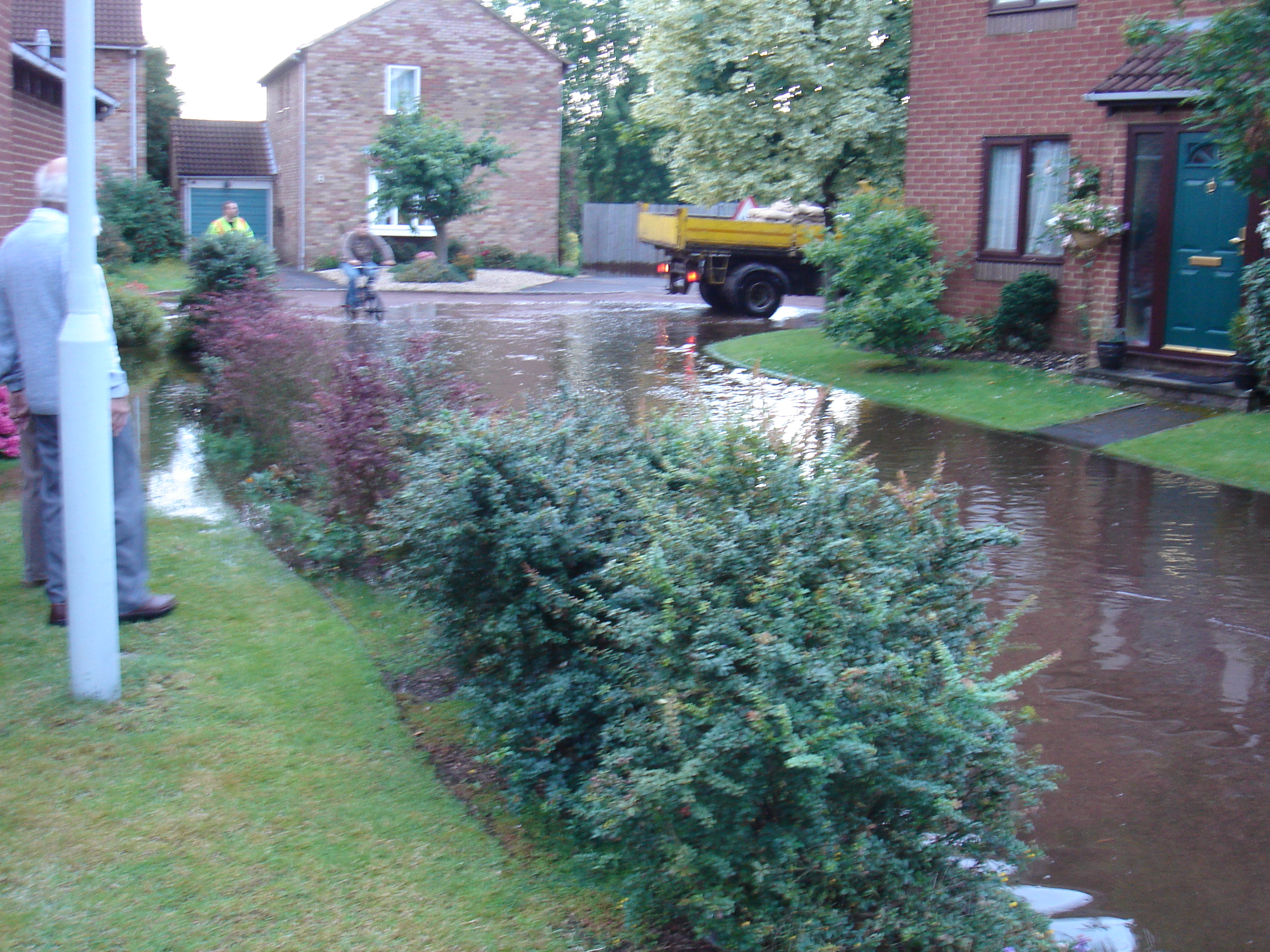 What clinched it for me was when one of my elderly neighbours was told that he couldn’t have any sand bags delivered during the 2009 event because all local resources where being absorbed ‘fishing for cars’ in the Winnersh Park and Ride (there is some fantastic footage of this on YouTube ‘Fishing for cars’). Humour aside, he was terribly distressed, he felt completely isolated and didn’t know who to turn to for help. This is not acceptable in Wokingham, it’s not acceptable anywhere!
What clinched it for me was when one of my elderly neighbours was told that he couldn’t have any sand bags delivered during the 2009 event because all local resources where being absorbed ‘fishing for cars’ in the Winnersh Park and Ride (there is some fantastic footage of this on YouTube ‘Fishing for cars’). Humour aside, he was terribly distressed, he felt completely isolated and didn’t know who to turn to for help. This is not acceptable in Wokingham, it’s not acceptable anywhere!
Some 500 hand delivered flyers later (delivered by me and my then three young 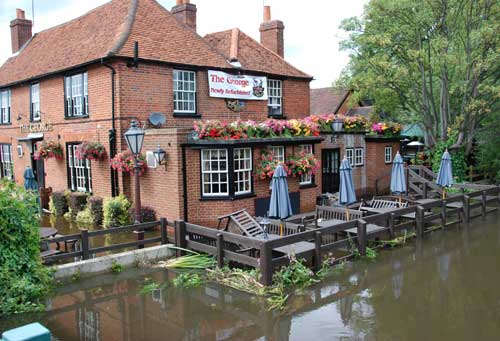 children, who now have a slightly strange perception of what constitutes ‘interesting’ weekend activities). And by a very kind offer from the local pub ‘The George’ (which has suffered terribly from flooding) to use their main bar area for the meeting, LVRA had its first meeting. One of the attendees, and someone who is now a friend of mine, suggested ‘Loddon Valley Residents Association’ as a name for the fledgling group. I liked this. If everyone affected by flooding in the Loddon Valley worked together we could generate a lot of noise and make the authorities who manage flooding actually manage it.
children, who now have a slightly strange perception of what constitutes ‘interesting’ weekend activities). And by a very kind offer from the local pub ‘The George’ (which has suffered terribly from flooding) to use their main bar area for the meeting, LVRA had its first meeting. One of the attendees, and someone who is now a friend of mine, suggested ‘Loddon Valley Residents Association’ as a name for the fledgling group. I liked this. If everyone affected by flooding in the Loddon Valley worked together we could generate a lot of noise and make the authorities who manage flooding actually manage it.
Manage flooding? King Canute style perhaps (and yes, I do appreciate that Canute is somewhat misrepresented here)?
When LVRA was first set up I took ‘Flood Risk Management’ to mean exactly that: it was someone’s job to manage flooding and if water ended up in my lounge it was THEIR fault. Over years of door knocking and talking to those at risk of flooding I realised that I wasn’t alone in this view. A combination of centralisation of ‘flood risk management’ and the flooding terminology used, leaves many people with the clear impression that the flood authorities should be managing and stopping flooding.
In recent years the name Loddon Valley Residents Association has taken on new meaning to me. My part time PhD at Reading University has led more appreciate if we are going to ‘manage’ flooding then we have to work at the catchment level: The Loddon valley, and in an integrated way. Soil health, water quality, agriculture and land management are all part and parcel of the same thing of which flooding is a part. These elements are not insular but work together. Improving soil health will help reduce flood risk, reducing run off from agricultural land will improve soil health, water quality and flood risk: all integrated environmental approach.
So, for me I had to get involved with the LANDWISE project, not just because of the objectives of understanding the impact of catchment based natural flood management processes on flood risk, but also because of the research objective of engaging and working with community. One of the barriers to implementing a catchment-based approach is engaging all ‘stakeholders’ and this includes communities. All to often in the past our very important knowledge and experience of flooding has been labelled as anecdotal and yet, flooding is a multi-dimensional systemic risk which is fraught with uncertainty and ambiguity. This complexity necessitates a holistic, that is an integrated approach which combines different domains of knowledge, different ways of knowing flooding. This creates a knowledge overlap strengthening the process of flood risk management, potentially yielding more impactful outputs. In my 9 years of running a flood group I have come to understand that if you have holes in your understanding of flooding, they have a really nasty tendency to leak. LANDWISE is aiming to plug those holes. Why wouldn’t I be involved in that?

